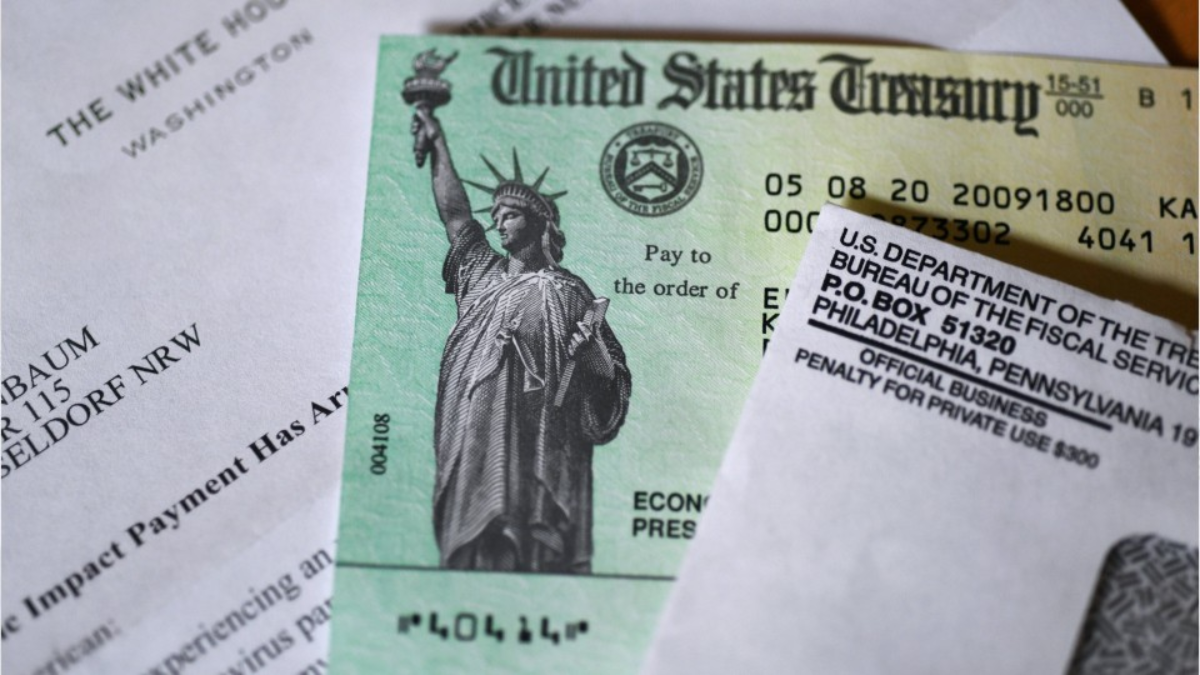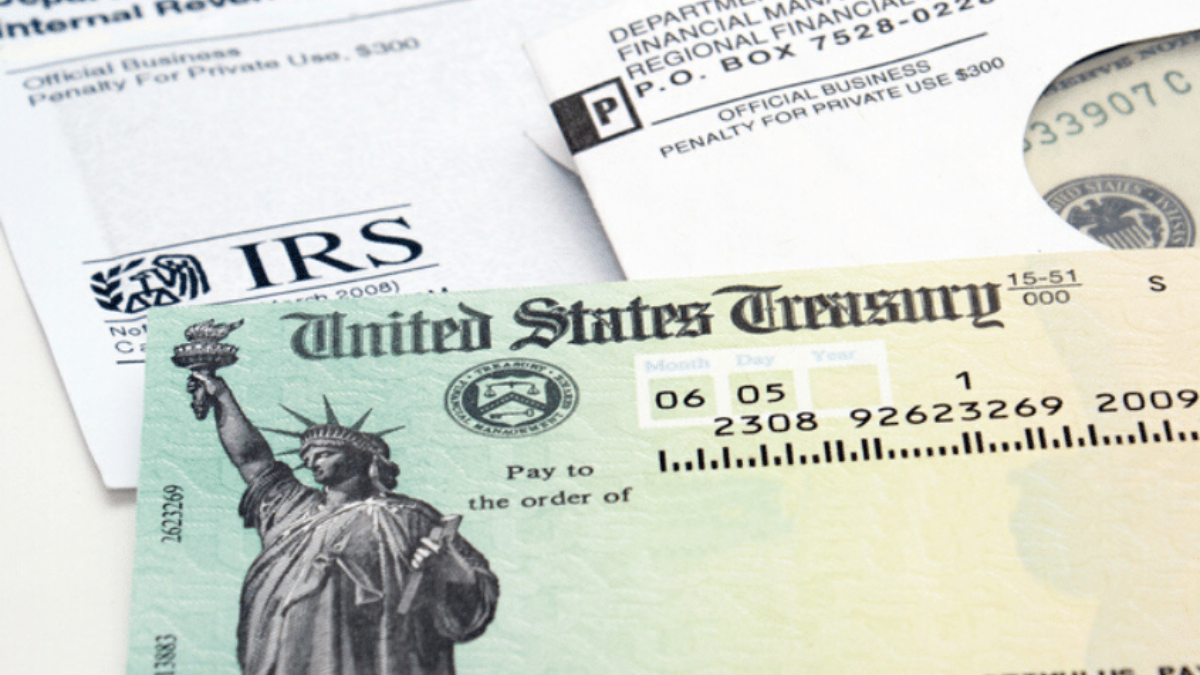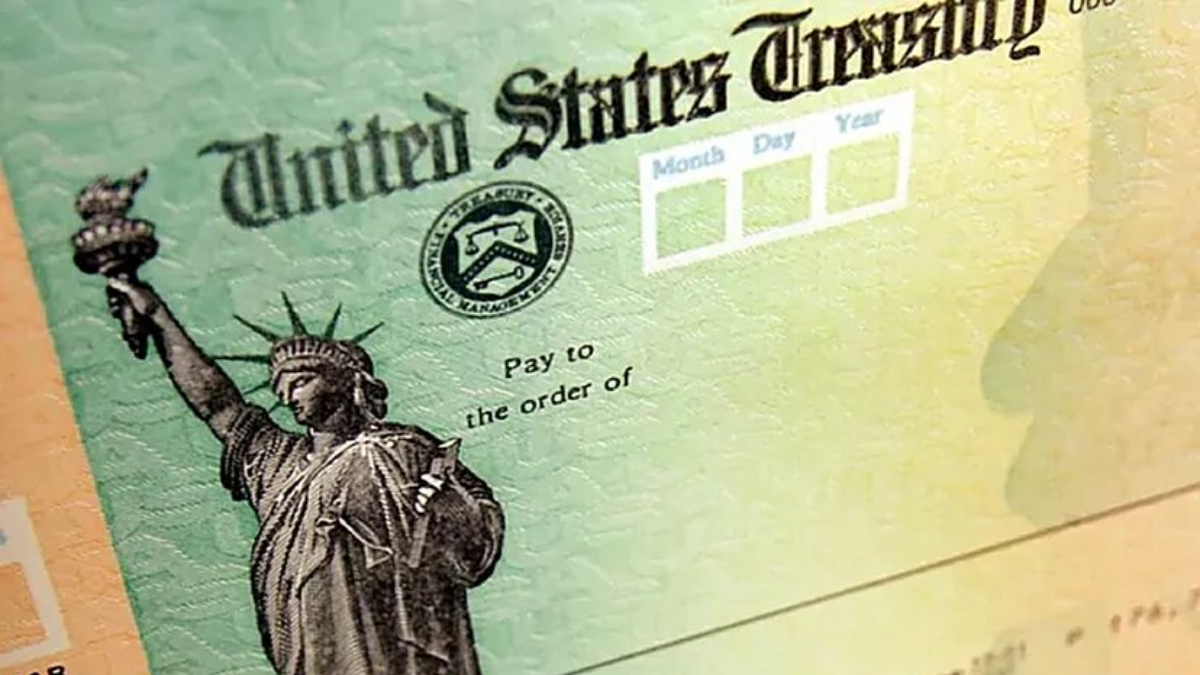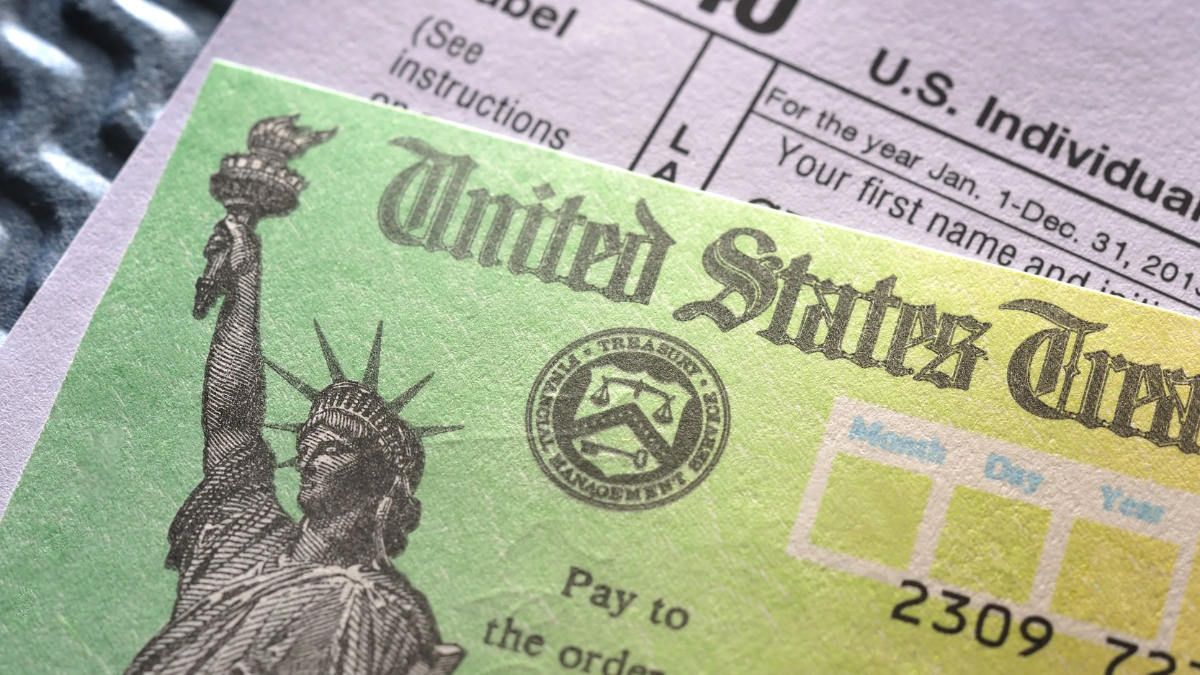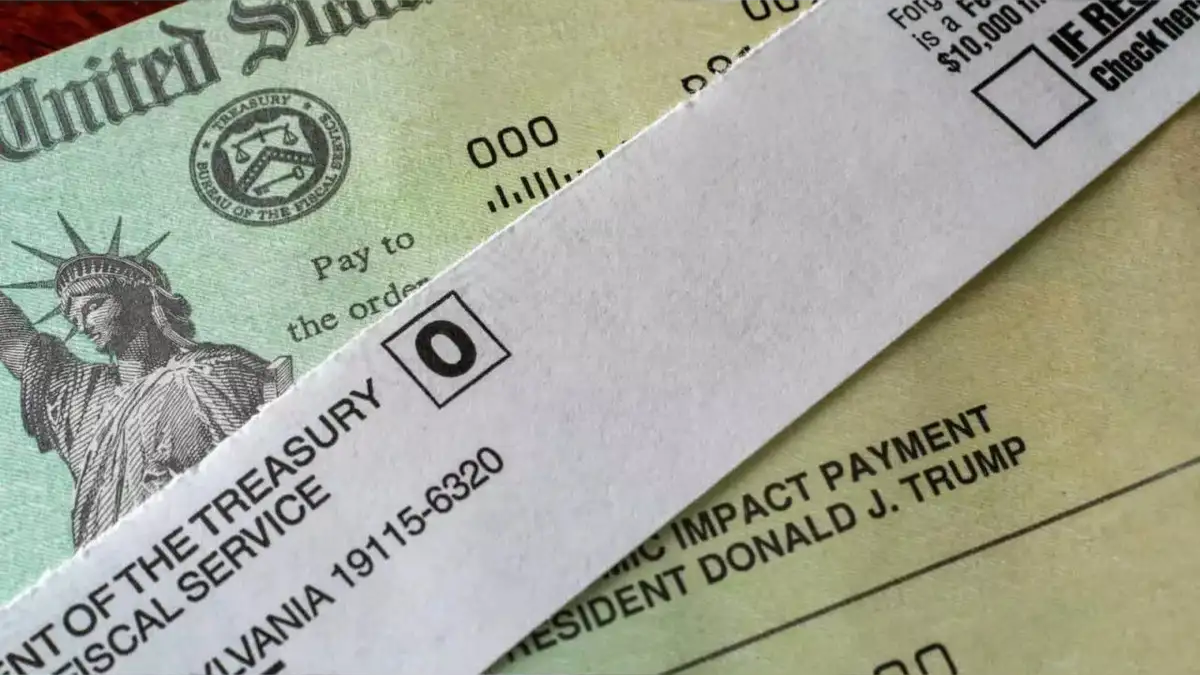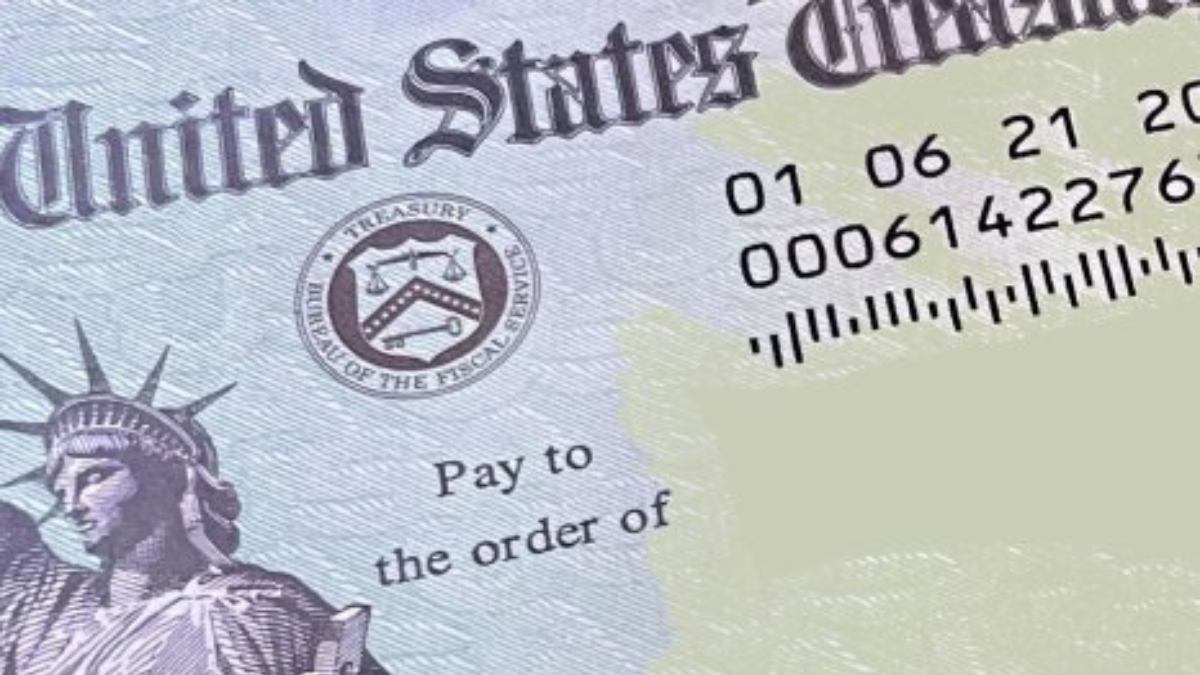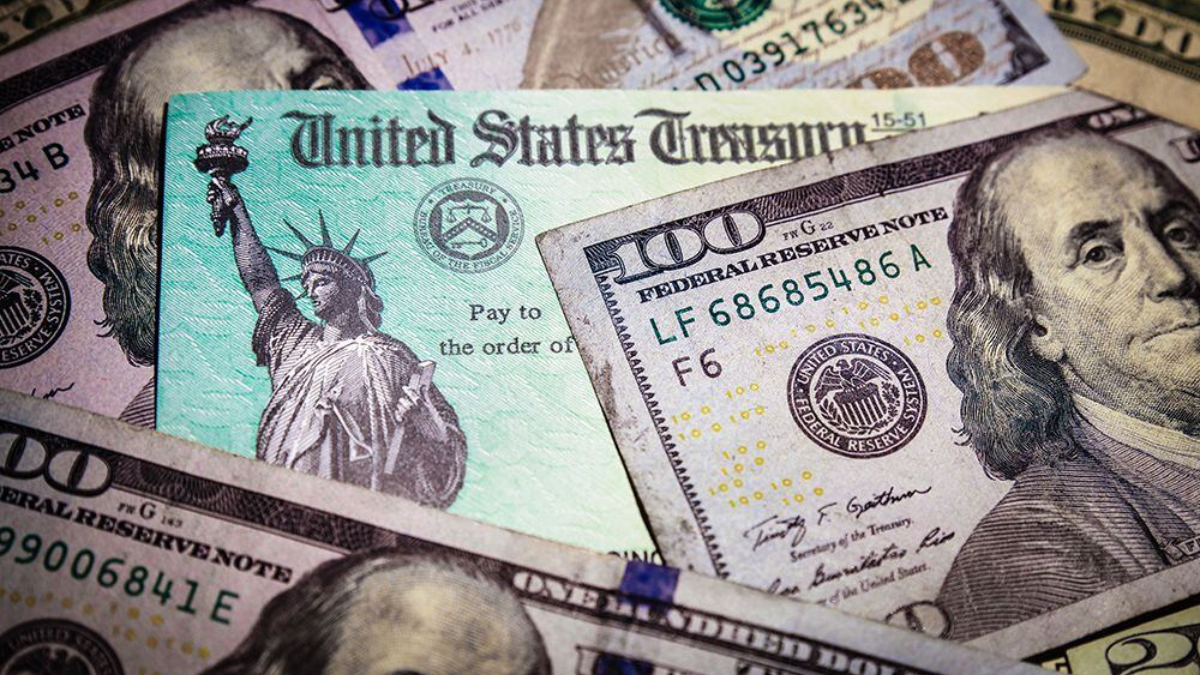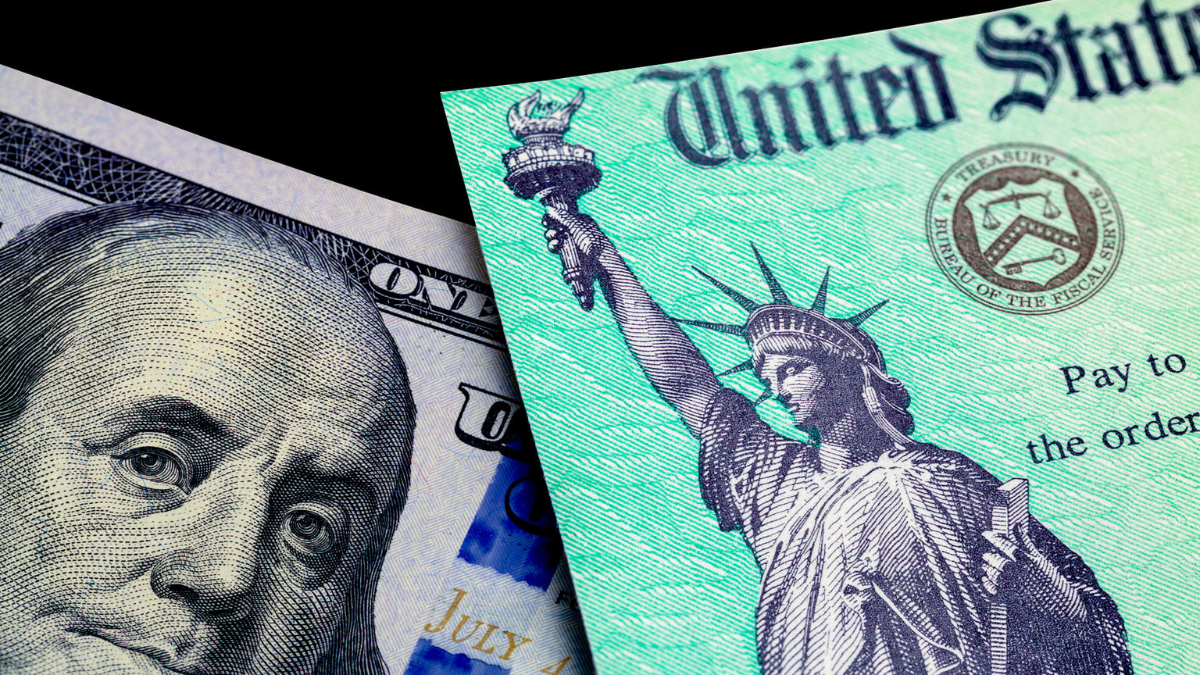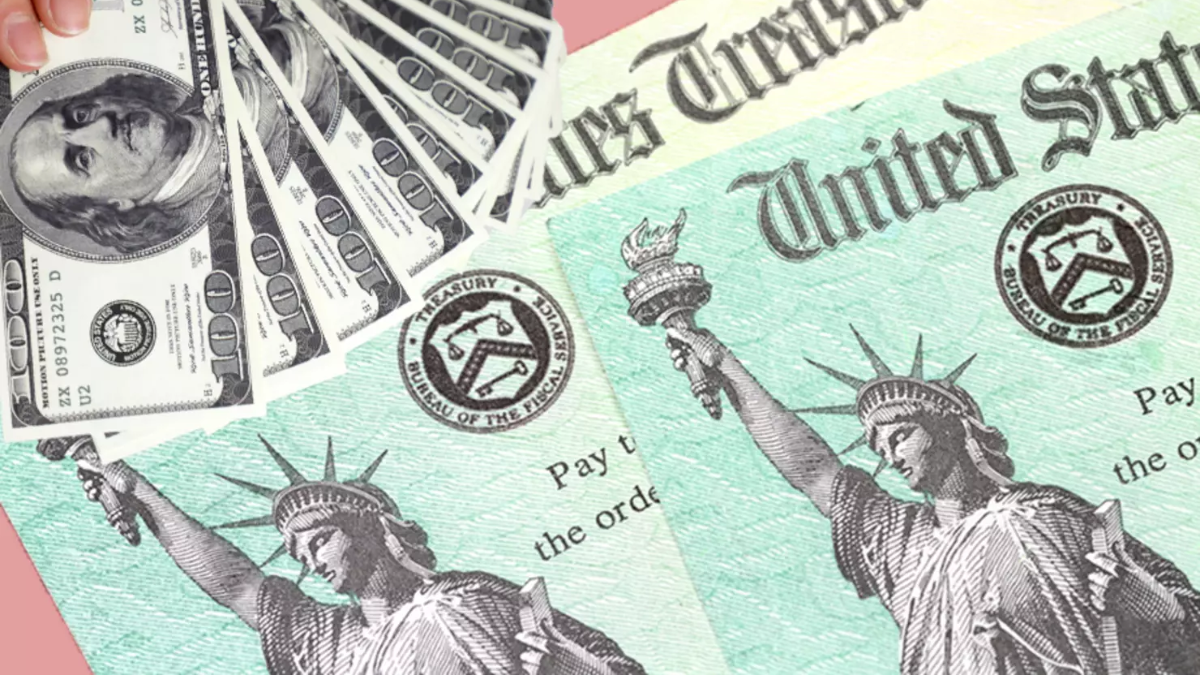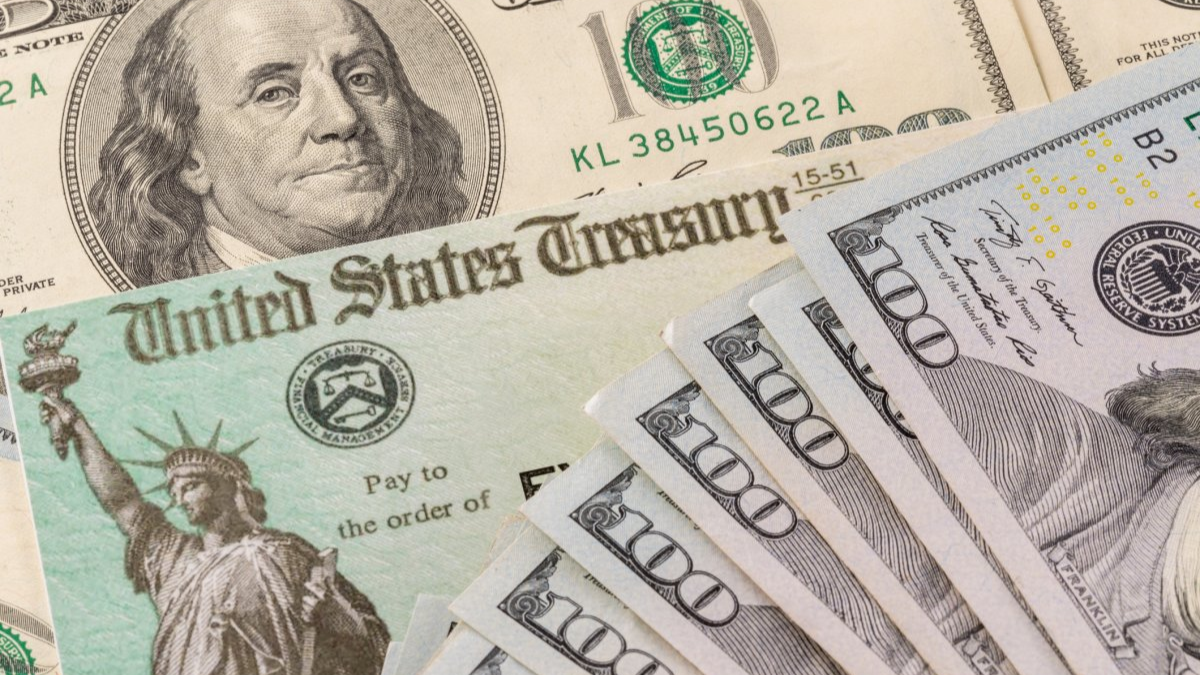Massachusetts residents could soon see a financial boost thanks to a $3,300 direct deposit initiative from the IRS. This payout is part of a broader federal support effort designed to help households manage rising costs of living, including essentials like rent, food, and utilities. The deposits are being issued automatically to qualified individuals, but some may need to take a few steps to ensure they receive the full benefit.
Who Qualifies for the $3,300 Deposit?
Eligibility for the $3,300 IRS deposit in Massachusetts is based on a combination of factors, including income level, tax filing status, and dependent claims. Single filers earning up to $75,000 and joint filers earning up to $150,000 are generally eligible. Additionally, claimants must have filed a 2023 federal tax return and have valid Social Security numbers. Households with children or dependents may receive increased amounts based on specific criteria.
| Eligibility Requirement | Details |
|---|---|
| Residency | Must live in Massachusetts |
| Income Limit | $75,000 (single) / $150,000 (joint) |
| Tax Filing | 2023 federal tax return required |
| Dependent Status | Additional credit for eligible dependents |
| Identification | Valid Social Security Number |
How and When Will Payments Be Sent?
The IRS has started processing qualified deposits in phases from mid-June 2025, with the majority of eligible recipients expected to receive payments by late July. Payments will be sent via direct deposit, using the banking information from the most recent tax return. Those without direct deposit on file will receive a check by mail. Residents are encouraged to check their IRS online account or use the IRS refund tracker tool to monitor the status of their payment.
Do You Need to Apply or Update Anything?
For most eligible residents, no additional application is needed. The IRS will automatically determine eligibility using previously filed tax returns. However, if you changed your address or bank account, it’s important to update your information via the IRS portal. Those who did not file a 2023 return may miss out unless they file as soon as possible.
What Should Recipients Expect?
The $3,300 relief payment is a one-time deposit, and it’s non-taxable. It’s intended to help cover critical living costs and provide breathing room for households facing economic stress. While the funds are not restricted to any particular use, officials recommend prioritizing essential expenses like housing, utilities, and medical bills.
Massachusetts residents who meet the criteria should prepare to receive a $3,300 direct IRS deposit as part of the latest federal support program. The process is largely automatic, but keeping tax records and personal information current is vital. If you think you may qualify and haven’t received anything yet, take action now to ensure you don’t miss out on this financial boost.
FAQ’s:
1. Is the $3,300 payment taxable income?
No, the deposit is considered non-taxable relief support.
2. What if I didn’t file my 2023 tax return yet?
You must file your return immediately to be considered for the payment.
3. Can I still qualify if I moved recently?
Yes, but make sure to update your address or direct deposit details with the IRS.
4. Will everyone in Massachusetts receive this?
No, only those who meet the income and filing criteria are eligible.
5. How can I check my payment status?
Visit the IRS.gov website and use the “Get My Payment” or refund status tools.




